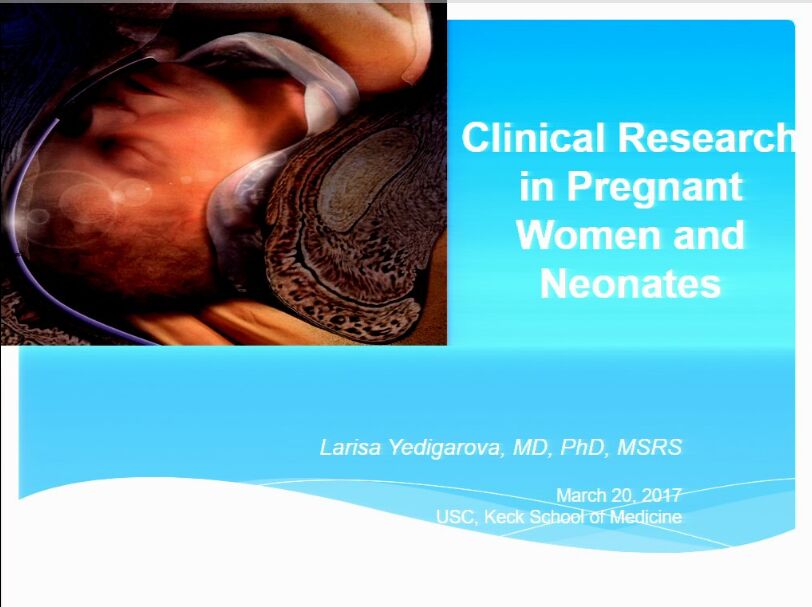- Pregnancy and disease:
- Maternal complication:
- Pre-existing (asthma, epilepsy, hypertension, diabetes)
- Occurring during pregnancy (Hyperemesis gravidarum, Gestational diabetes, Preeclampsia)
- Environmental hazards
- Lifestyle or maternal behaviour from mothers, (smoking, alcohol consumption, drugs).
- Fetal malformations include genetic and environmental effects on the mother.
- Maternal complication:
- Obstetric Pharmacology:
- Changes to physiology during pregnancy affect absorption, distribution, metabolism and elimination of drugs by mother. This makes extrapolation from non-pregnant to pregnant women not possible.
- Other changes include body weight, fat composition, expansion of plasma volume, change in protein binding, enzyme activity, renal filtration and secretion due to multiple drug transporters activities.
- Less drugs studied on pregnant women
- Safe Medication during Pregnancy:
- Treating for Two: National Strategy for Safer Medication use in Pregnancy initiatives seek to expand safety research, evaluate evidence, educate women to improve the quality of drugs.
- Major concerns for drugs during pregnancy: Drug to be studied, Period of drug lifecycle, Study population, design, data analysis and communication.
- Research Studies in Pregnant women:
- Pre-market studies:
- Study can only be done in pregnant patients and not healthy pregnant volunteers.
- There must be reliable animal experiment proving absence of teratogenicity and mutagenicity. Plan to incorporate short-term and long-term monitoring of mother and child.
- Alternative therapies are ineffective with no clinical response.
- Low risk to fetus
- Post marketing studies:
- More common.
- Registries provide prospective study data with internal/external control group under FDA amendments Act of 2007.
- Study protocols include risk/benefit considerations to fetal and maternal well-being, therapeutic alternatives, study endpoints and data collection mechanisms, gestational timing and duration of exposure, maternal complications record and pregnancy outcomes.
- Pre-market studies:
- Neonates research:
- Gestational age (at which a newborn has 50% chance of survival) has been reducing with passing years.
- Defined as “Special pediatric population with unique diseases”
- Extrapolating from adult/pediatric diseases is impossible.
- Low interest from industry- small market, vulnerable population and difficulty in study conduction
- Ethical considerations:
- Neonate Research Network: Conducts observational and interventional studies, to improve neonatal health outcomes.
- Ethical issues in maternal/fetal surgery: conflicting interests of mother and fetus mostly
Regulatory Science Symposium: Special Populations Session 5: Clinical Research in Pregnant Women and Neonates (2017)
In this session, we will discuss the special population research and behaviour on women and neonates.
Course Syllabus/Topics
Acknowledgement
Accompanying text created by Vaibhavi Chokshi | Regulatory Science Graduate Student Worker | vmchoksh@usc.edu

